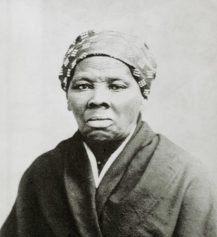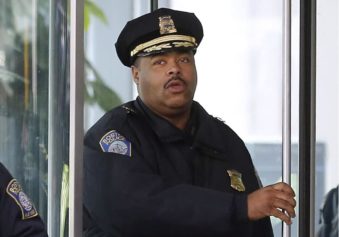The ringing speeches and singing sermons never seem to stop in the stage version of “Invisible Man,” Ralph Ellison’s landmark 1952 novel about a young African-American in search of himself, now at the Huntington Theater Company’s Boston University Theater after stints in Chicago and Washington. Although the book’s protagonist does not find his voice as a professional orator until midway through his harrowing journey in a racially divided America, in Oren Jacoby’s faithful but lifeless theatrical adaptation, the hero often seems to be presiding at an invisible podium, providing us with crisp talking points about the cruel truths of the black experience.
Jacoby cannot be accused of infidelity to the source material. All of the words in his adaptation, which runs nearly three hours and is divided into three acts, are drawn directly from the book (some minor changes notwithstanding). The major incidents — the nameless hero’s humiliating expulsion from a Southern college; his brutal, nearly fatal inauguration into the working-class life; his recruitment as a speaker for a socialist organization — are dutifully staged.
The small moments when illumination flashes upon the protagonist are here too: the encounter on a bus with a former Army doctor who played a pivotal role in the hero’s dressing-down from the president of the college; the yam seller who awakens him to the dignity and beauty of the culture he was born into; the burgeoning of his social consciousness when he witnesses an old couple being evicted from their apartment building.
But as staged by the director, Christopher McElroen, and acted by a competent but rarely inspired cast, the protagonist’s brooding journey from naïve belief to disillusion, from acquiescence in an unjust social order to seething rebellion against it, rarely generates the emotional (and intellectual) heat that sometimes stings your fingers when you read the book. With archival film footage used to supplement the set design by Troy Hourie, the production too often evokes the sepia-toned distance of a PBS documentary.
Divorced from the context of the philosophically dense, lyrical and sometimes surreal novel, the bitter truths, mocking ironies and corrosive insights Ellison put in the mouths of his characters too often resound with an awkward clang.


